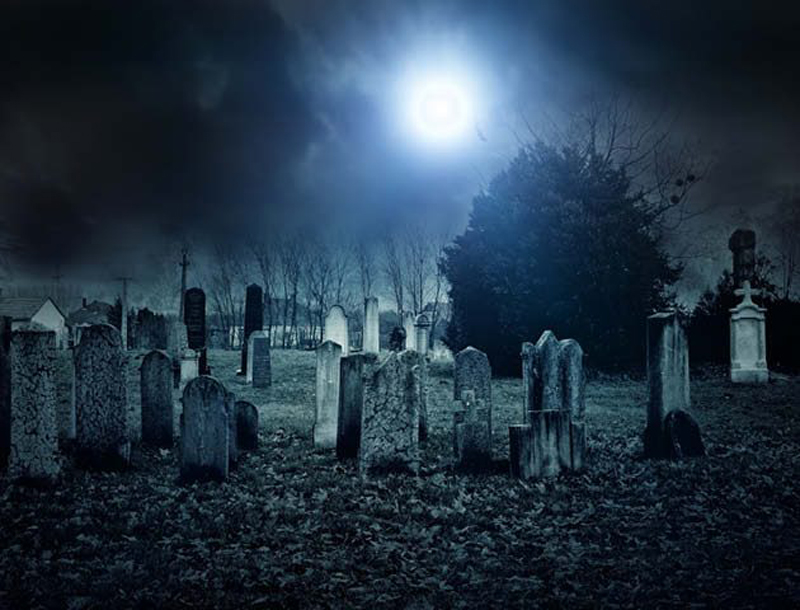×
The Standard e-Paper
Kenya’s Boldest Voice

Central Kenya region is losing at least five lives every day through suicide in what officials and residents say is a never seen-before catastrophe that should now trigger community reawakening to restore social ethics.
The worst hit, according to police records availed to Mt. Kenya Star is Nyeri County where on average, four people are killing themselves every day.